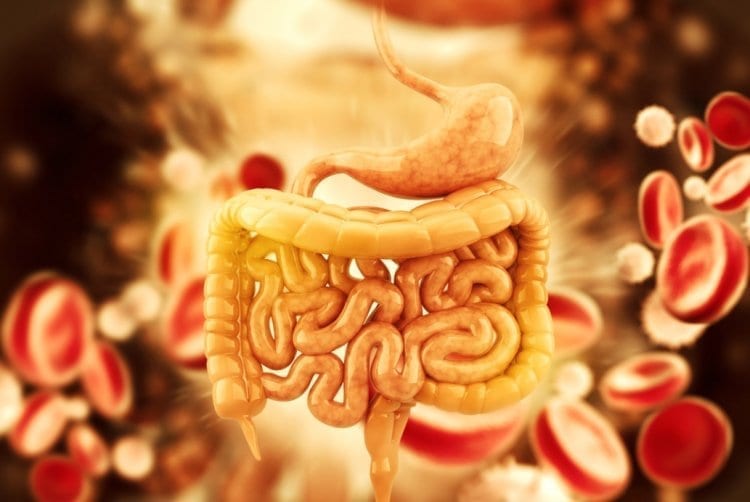This research was published in a periodical called ‘Indoor Air’. The study says that 1/3 of our lives are spent sleeping. “Though we spend so much time in bed subjects like air circulation and pollutants were not sufficiently researched. There must be awareness that in an environment like a bed without proper air ventilation we’re liable to be exposed to a broad spectrum of pollutants, said researchers.”
The research dealt with both subjective data how the people felt and objective measurable data. People filled out questionnaires about how they felt they slept under various conditions and they also kept sleep calendars where they marked down how they slept. They also used ‘actigraphy’ which measures activity of a person who is awake or asleep.
For the scientific measurements they used a bracelet called ‘Sensewear’ which measured skin temperature the temperature around the bed and skin moisture. It also detected how many times people got up during the night.
The results of the research showed that when doors and windows are opened the CO2 levels drop and this improved the quality of sleep of the research participants. The researchers say: “The CO2 levels in the room were used as a guide for CO2 levels in the room. Normally the only source of CO2 in a room is from the person exhaling. By measuring CO2 levels we can measure if the room is sufficiently ventilated. This can point to other pollutants that may exist in the room.”
Dr. James B. Maas told the Healthline website that this study is important because it encourages further research into the topic of ventilation and air circulation in a room and how it affects sleep quality. “Their findings that less CO2 brings deeper, better sleep and less awakening at night can help improve engineering for air circulation in a bedroom.”
The research took place with 17 people and the researchers say there’s a need to do more studies with more participants to know in depth how germs and poor ventilation affect sleep quality.





